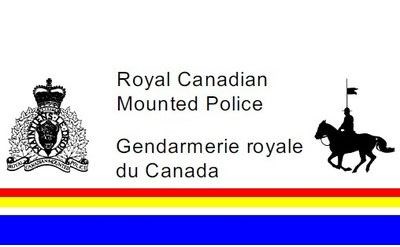A scheme to defraud people by claiming they owe the government unpaid income tax has hit the local streets.
Prince George RCMP have received a report of a scammer who tried to convince a target to purchase cash cards and bring them to the lobby of the Canada Revenue Agency office on Victoria Street.
Fortunately, the transaction did not take place but the report was "particularly alarming,"
Cpl. Craig Douglass said, because the victim would have come to face-to-face with an "unknown, unpredictable criminal."
The local CRA office is closed to the public and does not accept owed money in the lobby, Douglass added.
The scam has become a popular scheme among fraud artists, who claim to be representatives of CRA via either a phone call or an email.
The scammer will say the target owes back taxes as the result of an audit and or an inheritance and warns a five-year prison sentence is in the works if the victim does not pay up.
A telltale sign that the claim is not on the up-and-up is that the scammer will tell the victim to either wire the money, which is untraceable and irreversible, or pay what's allegedly owed in cash cards, which are nearly as difficult to trace.
Luckily, there have been cases where local businesses have refused to sell cash cards or wire money for fear the customer is being scammed.
"No doubt these acts have saved victims thousands of dollars," Douglass said.
But he said a new variation on the scam has also emerged where a criminal poses as an immigration officer and threatens deportation if money isn't sent.
The targets is generally harassed into meeting the demand.
"If you do not pay right away, the fraudsters keep calling and are very aggressive," Douglass said. "If you pay, they call more often and try to get you to send more money.
"In recent cases, victims have wired money multiple times and in some cases wired money to locations outside of Canada."
It's been so effective that, in recent cases, victims have been defrauded for more than $10,000.
Anyone who receives such a call or email should hang up and contact the CRA, if the claim is related to taxes, or Canada Border Services Agency, if it's to do with immigration.
The Canada Revenue Agency will not send an email with a link and ask for personal information. "If you receive one, do not divulge personal or financial information," Douglass said.
More information on the scam and others can be found at the Canadian Anti-Fraud Centre website.



